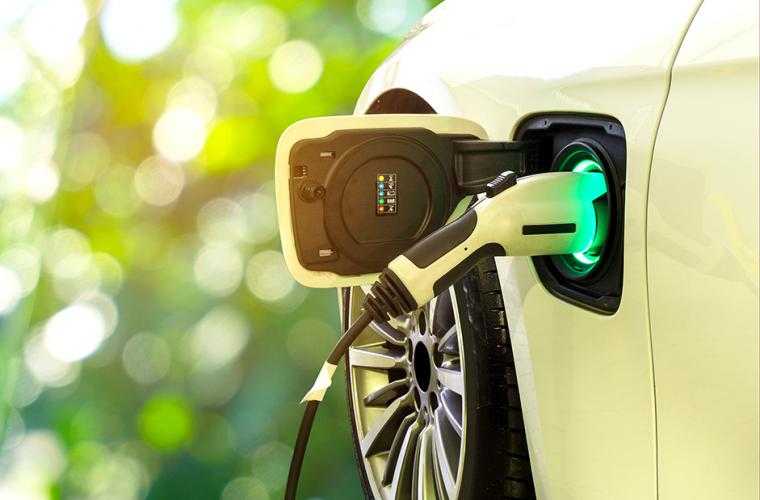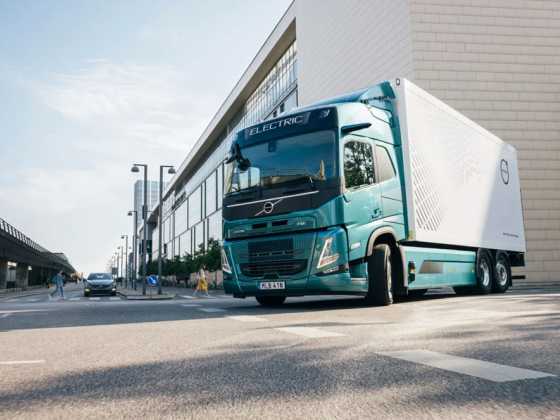More drivers than ever plan to ‘go electric’

An RAC Report on Motoring has found that a steadily increasing proportion of drivers are planning to choose an electric vehicle when they next change their car.
This is despite 78 per cent thinking that pure electric cars are still too expensive when compared to conventional vehicles of a similar size. This, along with most models being out of the driver’s price range, means that most respondents would like more financial help from the government.
The RAC says that 53 per cent of drivers would like to see VAT on zero-emission vehicles either cut or abolished entirely, with a slightly smaller proportion (48 per cent) favouring a scrappage scheme to make switching from a conventionally powered one to a battery-electric model affordable.
Additionally, 30 per cent favour an increase to the current Plug-in Car Grant (PiCG) of £1,000, taking it up to £4,000, which is arguably the most straightforward policy change the Government could implement if it chose to.
Importantly, more than four-in-10 drivers say they want the government to set a binding national target for access to public chargepoints, such as ensuring 95 per cent of the population live no further than five miles from the nearest chargepoint.
Rod Dennis, RAC data insight spokesman, said: “With 2030 now clearly set as the date for the end of the sale of new petrol and diesel cars and vans, momentum behind getting more of us into electric vehicles (‘EVs’) is building – and it’s clear that an increasing proportion of drivers are responding, with nearly one-in-10 now planning to opt for a pure electric next time they change their car.
“But the single biggest barrier to a driver choosing an electric car over one powered by petrol or diesel has to be cost. Although good finance leasing deals and offers such as free home charging for a set period can help, it appears to be the case that the price of many new EVs remains prohibitively high for a lot of people, with most drivers keen to see more financial help from the government to bring costs down.”



